Fairtrade explained in 60 seconds: ideas that changed the world
How paying farmers fairly went from niche to necessary
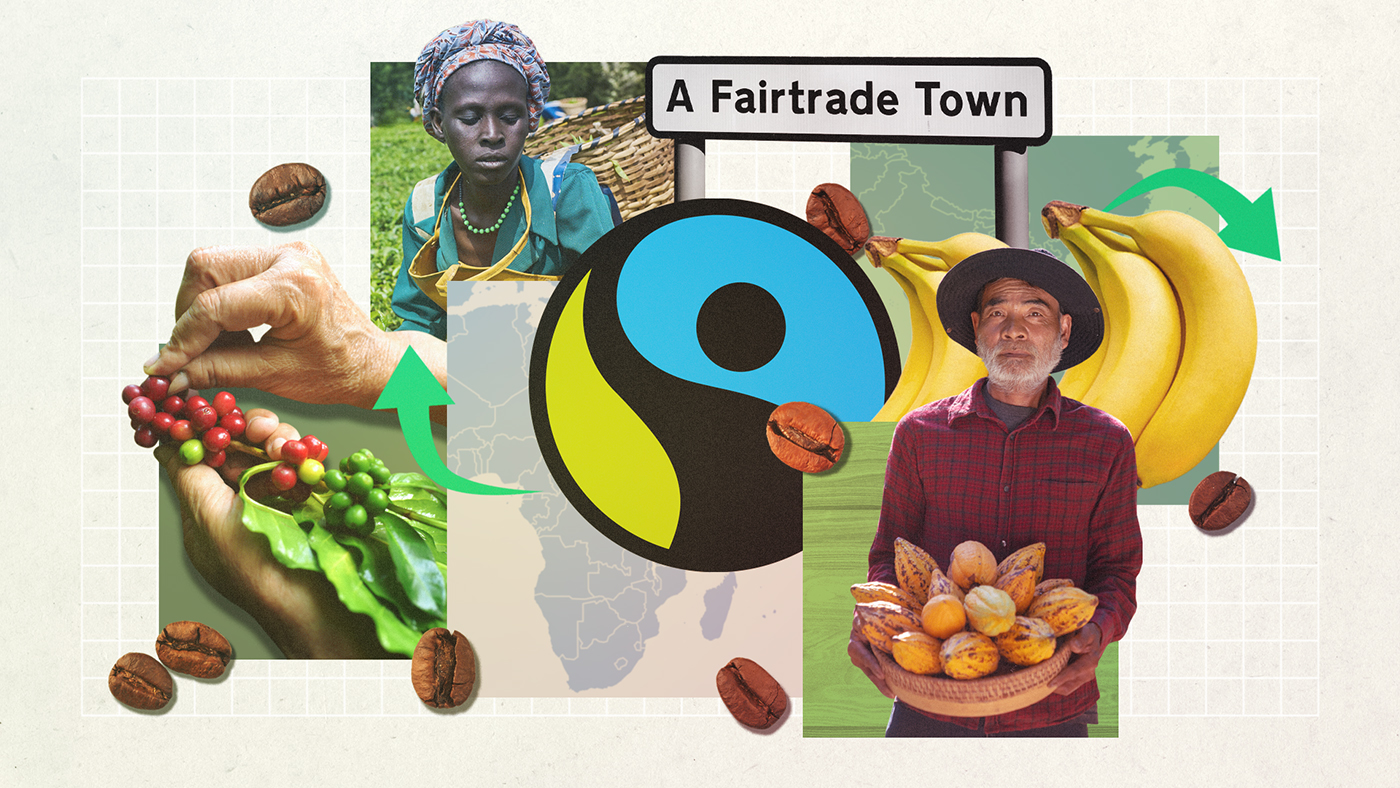
A free daily email with the biggest news stories of the day – and the best features from TheWeek.com
You are now subscribed
Your newsletter sign-up was successful
In this series, The Week looks at the ideas and innovations that permanently changed the way we see the world.
Fairtrade in 60 seconds
Fairtrade is a movement based on the principle that farmers and workers in poorer countries deserve fair prices for their produce and labour. It champions decent working conditions in the developing world, and long-term sustainability both for communities and the environment.
The largest group in the movement is Fairtrade International, which owns the green and blue symbol familiar to ethically-conscious shoppers in countries across the globe. Companies that partner with the organisation can use the Fairtrade Mark on their products to signal to customers that they are paying their suppliers fair and sustainable prices for ingredients such as coffee, vanilla, sugar and cocoa, and are meeting Fairtrade’s environmental standards, said the Friends of the Earth website.
The Week
Escape your echo chamber. Get the facts behind the news, plus analysis from multiple perspectives.

Sign up for The Week's Free Newsletters
From our morning news briefing to a weekly Good News Newsletter, get the best of The Week delivered directly to your inbox.
From our morning news briefing to a weekly Good News Newsletter, get the best of The Week delivered directly to your inbox.
On top of guaranteeing fair prices for produce and labour, the foundation also pays out extra money to farmers and workers to invest in improving their communities under the Fairtrade Premium scheme.
More than 6,000 Fairtrade products are now available in UK shops, and more than 30,000 are available worldwide. Major global companies including Amazon, Ben and Jerry’s and Lush are among those offering Fairtrade products or using Fairtrade-certified ingredients.
How did it develop?
The fairtrade movement began in 1946, when US entrepreneur Edna Ruth Byler travelled to Puerto Rico, where she met members of a women’s sewing group set up by the Mennonite church to help struggling women provide for their children. After returning home to Pennsylvania, Byler began selling their needlework to her friends and neighbours.
By 1950, she was touring the country in her car, selling the embroideries and sharing stories of the women who made them. This evolved into the Overseas Needlework and Crafts Project, renamed Ten Thousand Villages in 1996.
A free daily email with the biggest news stories of the day – and the best features from TheWeek.com
In the UK, the first fairtrade project came about in the late 1950s when “the Quaker-led Oxford Committee for Famine Relief – now Oxfam International – began selling arts and crafts made by Chinese refugees in its shops”, said Encyclopaedia Britannica. The charity soon expanded its offerings to include handicrafts from across the developing world.
In the late 1960s, international government policies evolved away from simply donating to poorer countries and towards investing in projects to develop their long-term economic stability – a shift encapsulated by the new political agenda at the second session of the United Nations Conference on Trade and Development (UNCTAD) in 1968, which promoted the concept of “trade not aid”.
The following years saw the spread of Alternative Trade Organisations (ATOs), which teamed up with development organisations operating on the principle of helping communities to help themselves.
The Fairtrade Foundation was launched in the UK in 1992, backed by international development charities, Fairtrade retail companies and social groups.
The foundation’s mission is “to connect disadvantaged farmers and workers with consumers, promote fairer trading conditions and empower farmers and workers to combat poverty, strengthen their position, and take more control over their lives”.
In 1994, the foundation introduced the Fairtrade Mark, which is now recognised by 93% of shoppers in the UK.
The movement continues to grow, with 65% of Brits saying they choose Fairtrade products. Fairtrade sales increased by 14% in 2020 as “shoppers are increasingly looking to businesses to act on their ethical and social concerns”, said Anna Barker, Head of Responsible Business at the Fairtrade Foundation.
One consumer poll found that 64% of British consumers now see buying food that is sustainably sourced as “a lifestyle change you can make to help protect food grown in countries at risk of climate change”.
How did it change the world?
Today, an estimated 1.9 million farmers and workers directly benefit from the Fairtrade movement, which guarantees producers a Fairtrade Minimum Price for their work and produce so that they can become more income-secure and less vulnerable to poverty.
The Fairtrade Premium is “what sets Fairtrade apart from everyone else”, the organisation said. It’s an additional sum farmers and workers receive, beyond the price of their goods or labour, which they can use however they like “to invest in improving the quality of their lives”.
In 2021 the premium increased by 5% from 2020, topping €200 million (roughly £170 million). It continued to grow “steadily” in 2022 despite inflationary pressures and the cost of living crisis, the organisation said.
This funding goes toward housing improvements, education, and medical facilities for producers and their families.
The environment benefits from Fairtrade investment, too. Fairtrade Standards educates farmers on sustainability and ways to protect their crops.
“In the past there were diseases on the trees,” cocoa bean farmer Asso Adome of the Coopaza co-operative in Ivory Coast told the Fairtrade Foundation. “We were taught and given products to treat them. These have helped increase production.”
However, the Fairtrade movement has faced scrutiny from critics who question the extent of its impact. These sceptics claim that the fair trade label, whose initial aim was to empower local producers by identifying fair trade businesses and products, “has been diluted over time and is now being used merely as a guarantee against exploitation”, said Encyclopaedia Britannica.
But “despite its imperfections”, the fair trade movement “continues to provide opportunities to marginalised workers throughout the world”, the encyclopaedia concluded.
The Fairtrade Foundation emphasised that there is plenty more to be done, and that economic development is a slow process. “Fairtrade is part of the long-term solution,” the organisation said. “Even with Fairtrade certification, working on a banana plantation or a coffee farm is hard. There is no sunny side to trade injustice. So the fight goes on.”
-
 How the FCC’s ‘equal time’ rule works
How the FCC’s ‘equal time’ rule worksIn the Spotlight The law is at the heart of the Colbert-CBS conflict
-
 What is the endgame in the DHS shutdown?
What is the endgame in the DHS shutdown?Today’s Big Question Democrats want to rein in ICE’s immigration crackdown
-
 ‘Poor time management isn’t just an inconvenience’
‘Poor time management isn’t just an inconvenience’Instant Opinion Opinion, comment and editorials of the day
-
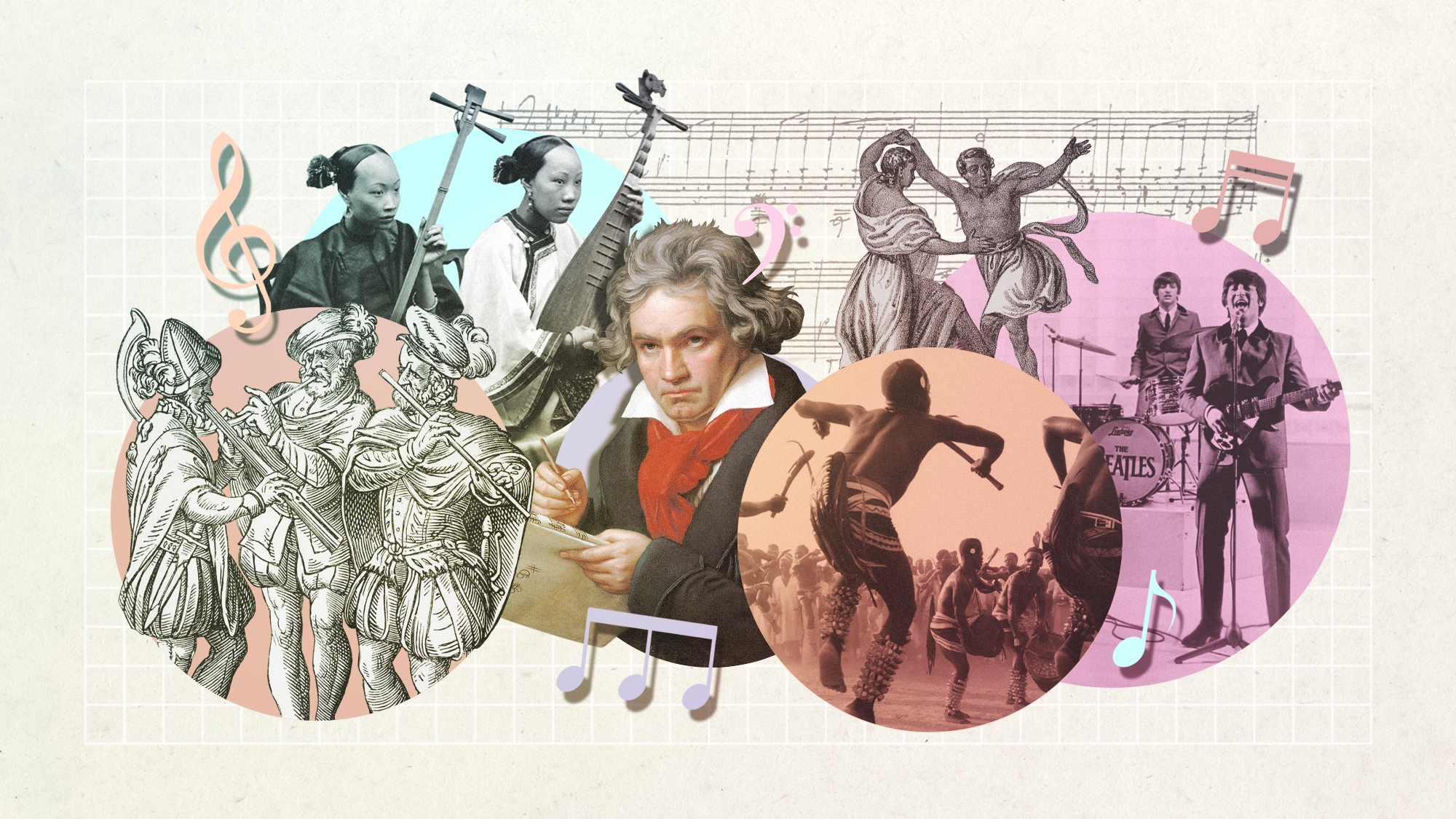 Music explained in 60 seconds: ideas that changed the world
Music explained in 60 seconds: ideas that changed the worldIn Depth This emotive but hard-to-define art form has played a pivotal role in human evolution
-
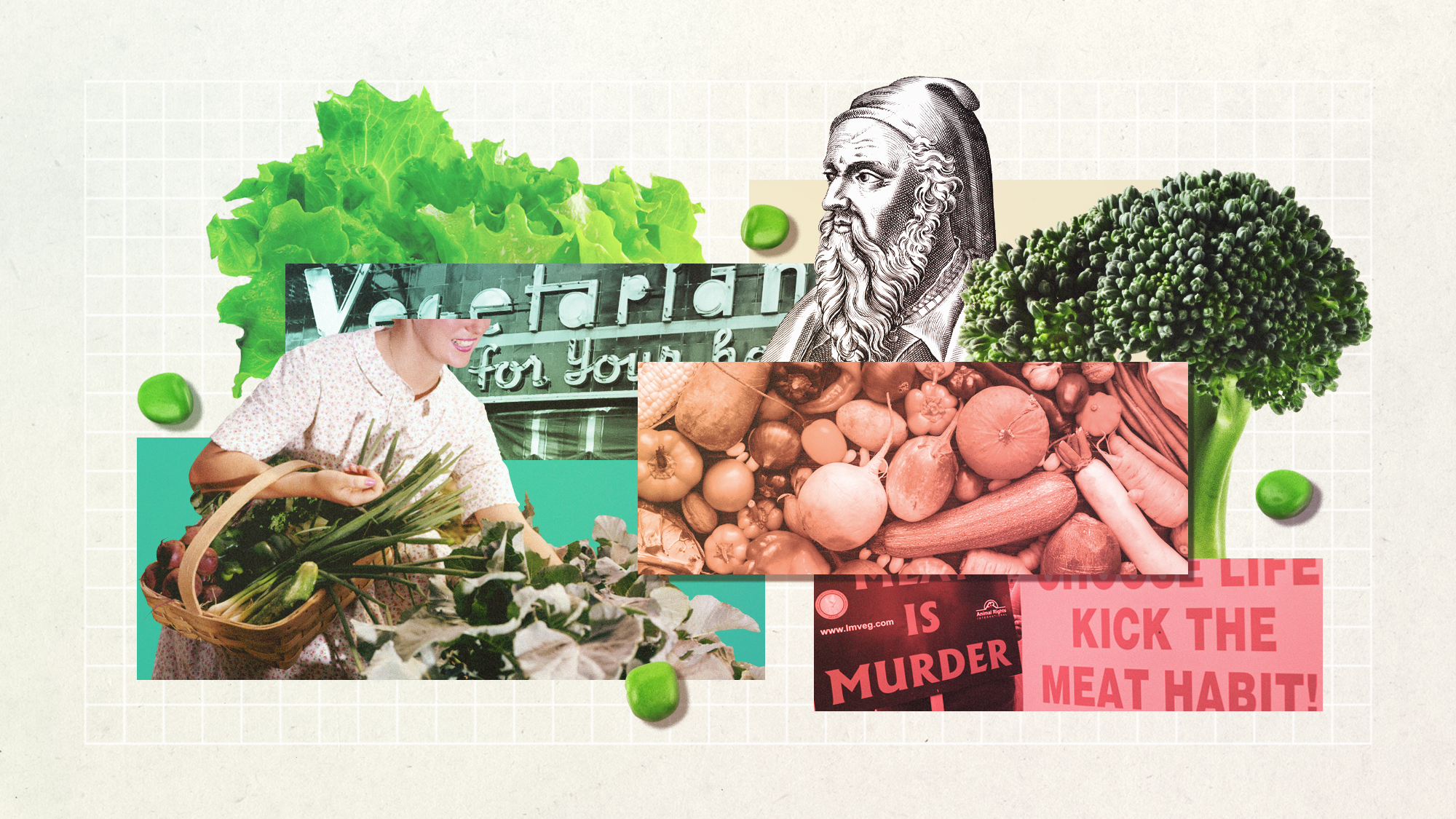 Vegetarianism explained in 60 seconds: ideas that changed the world
Vegetarianism explained in 60 seconds: ideas that changed the worldIn Depth How meat-free diets went from religious abstention to global sustainability trend
-
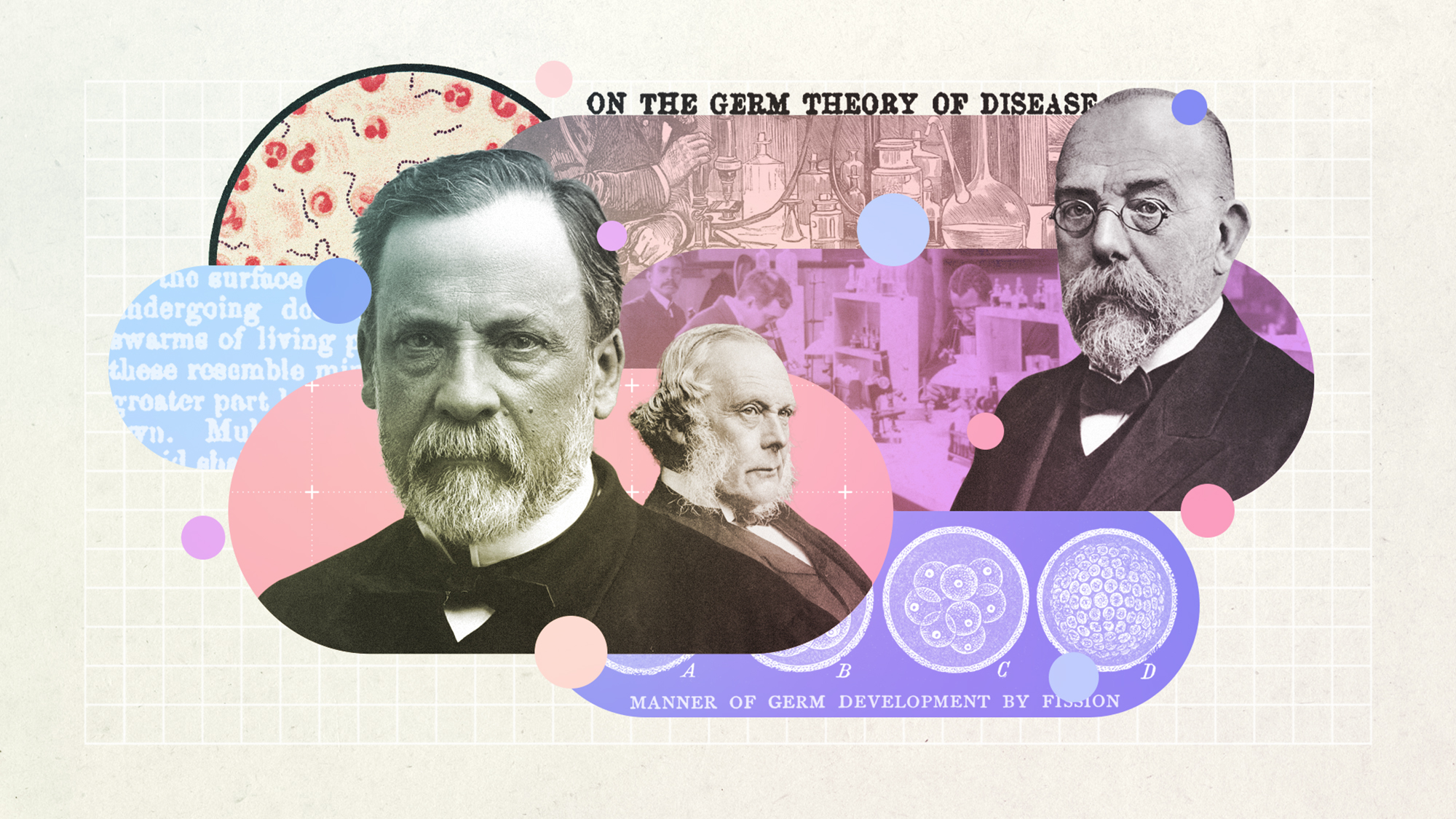 Germ theory in 60 seconds: ideas that changed the world
Germ theory in 60 seconds: ideas that changed the worldIn Depth How a new understanding of bacteria revolutionised medicine
-
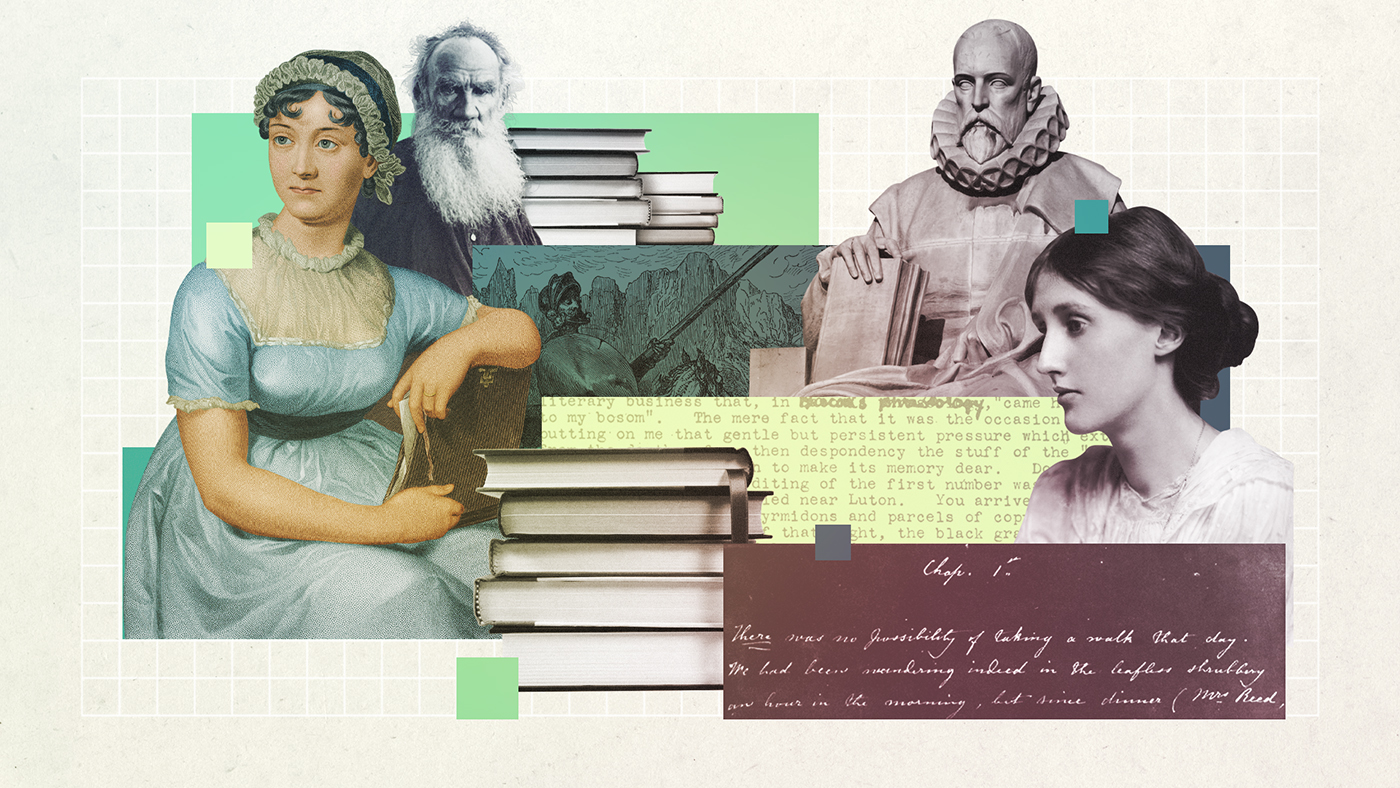 The novel explained in 60 seconds: ideas that changed the world
The novel explained in 60 seconds: ideas that changed the worldIn Depth How a new way of portraying existence transformed literature
-
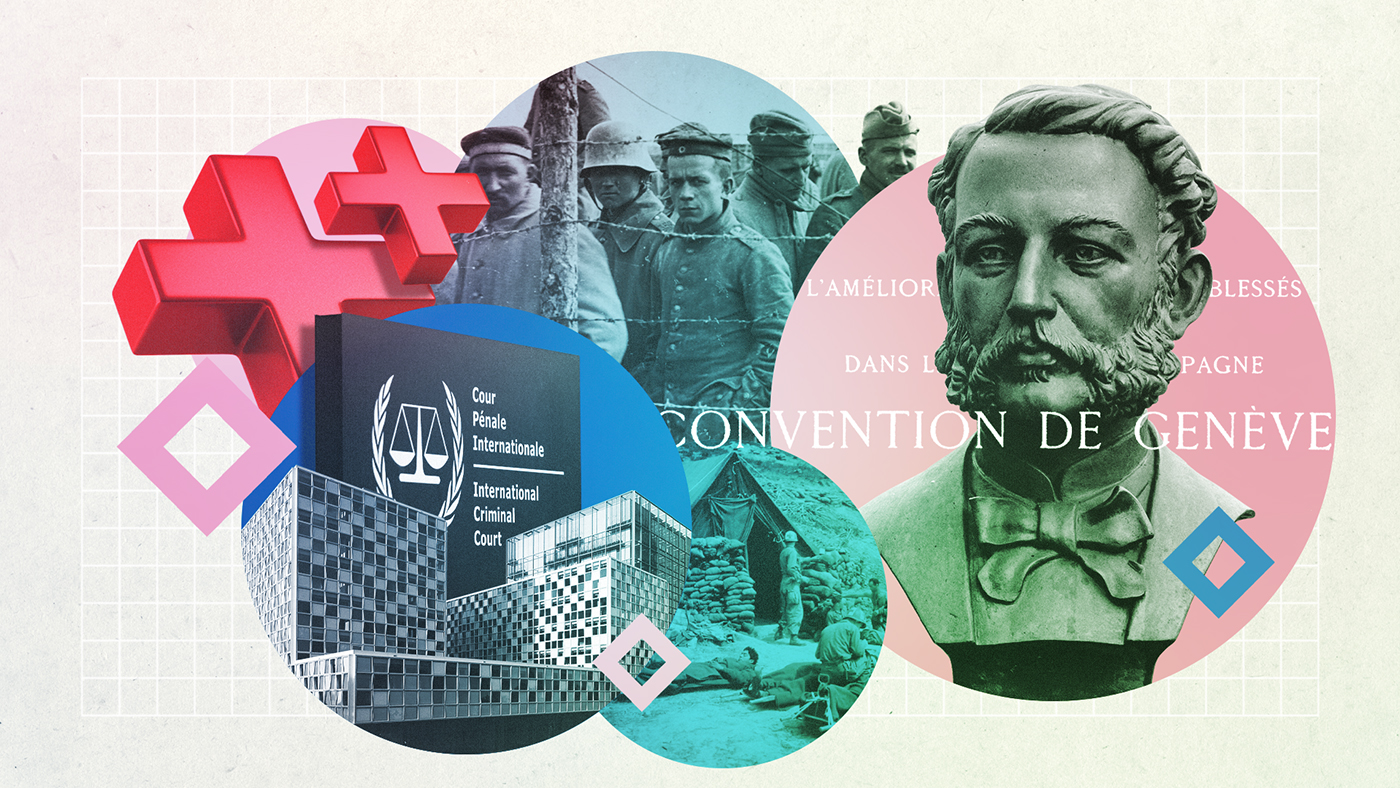 The Geneva Conventions explained in 60 seconds: ideas that changed the world
The Geneva Conventions explained in 60 seconds: ideas that changed the worldIn Depth How the international community brought humanity to warfare
-
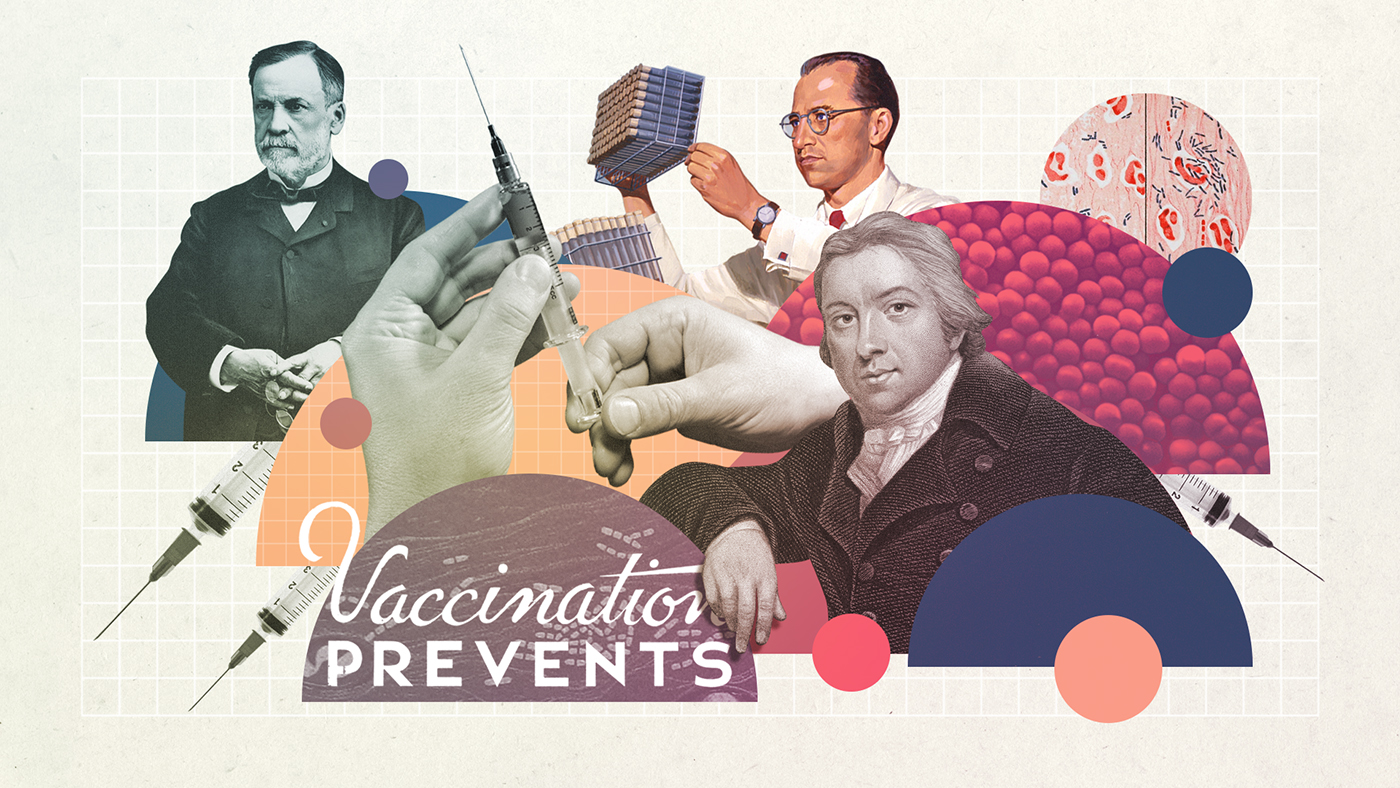 Vaccination explained in 60 seconds: ideas that changed the world
Vaccination explained in 60 seconds: ideas that changed the worldIn Depth How a medical breakthrough has saved countless millions of lives
-
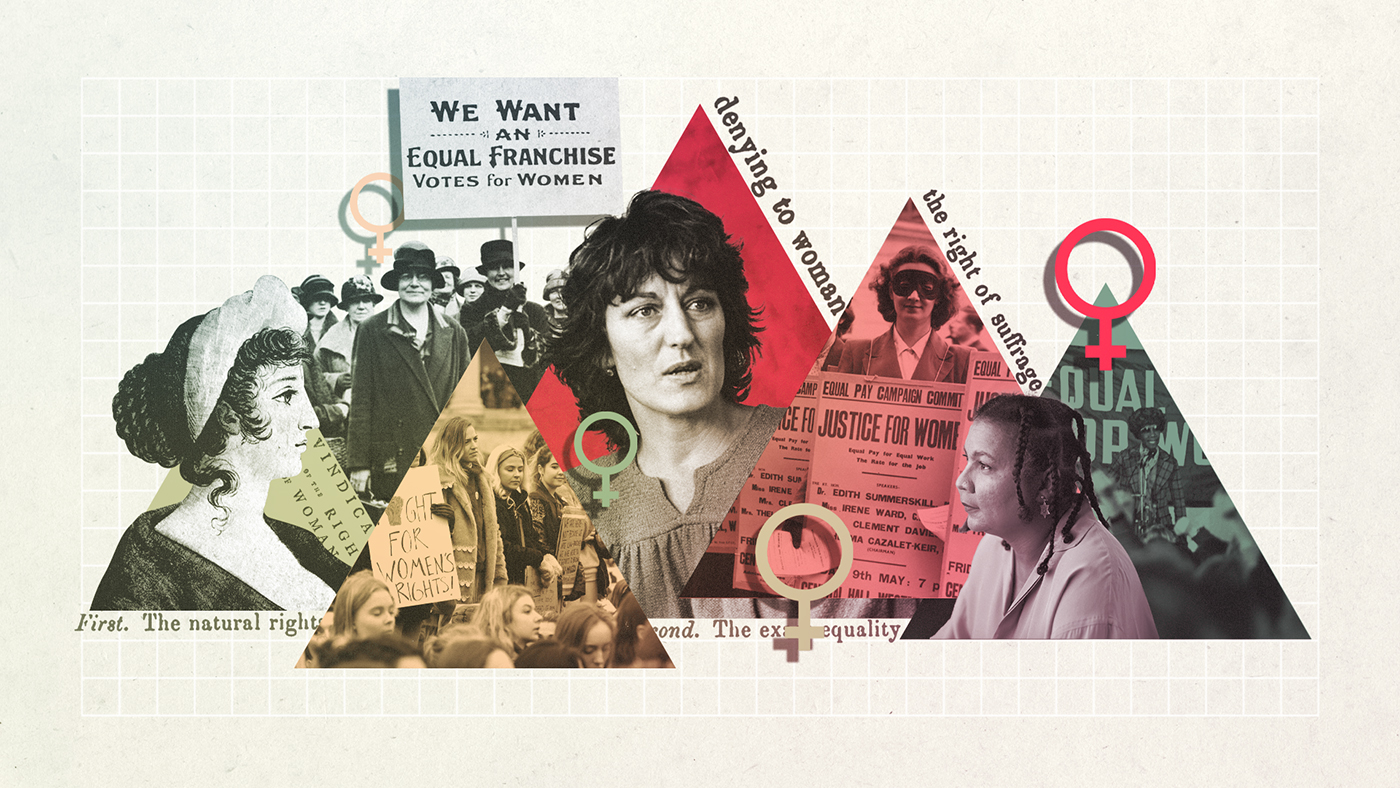 Feminism explained in 60 seconds: ideas that changed the world
Feminism explained in 60 seconds: ideas that changed the worldIn Depth How women fought for social and political liberation
-
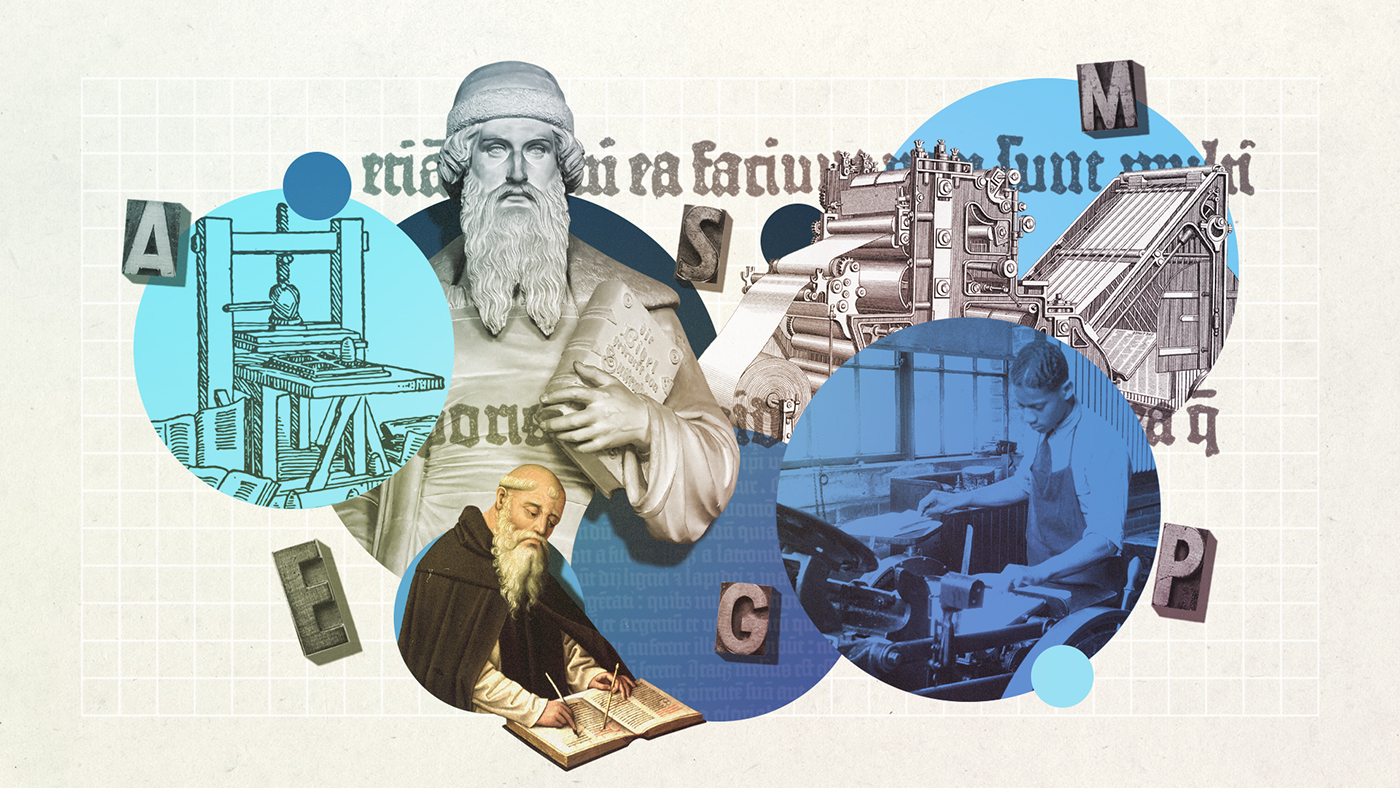 The printing press explained in 60 seconds: ideas that changed the world
The printing press explained in 60 seconds: ideas that changed the worldIn Depth How a German goldsmith revolutionised the way we share ideas